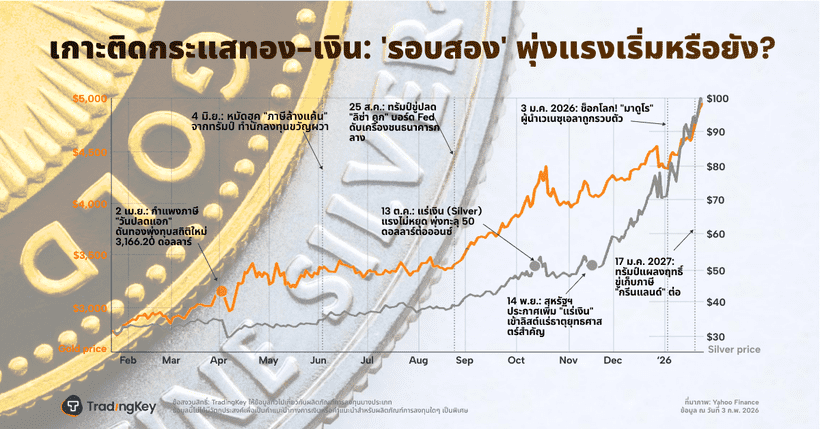Almost all global transactions will eventually use blockchain, Standard Chartered CEO

Standard Chartered CEO Bill Winters claims that a time will come when almost all global transactions will be made on a blockchain ledger.
Speaking to a crowd in Hong Kong, Winters noted, “Our belief, which I think is shared by the leadership of Hong Kong, is that pretty much all transactions will settle on blockchains eventually, and that all money will be digital.”
He stated that the change would essentially rebuild the financial system, adding that trial and error would help clarify its form.
Winters believes HKD stablecoins will allow for more cross-border digital trade
Over the past few years, blockchain has shifted from a niche technology used primarily in cryptocurrency to a critical infrastructure for financial institutions.
Banks, payment providers, and fintech startups are increasingly exploring blockchain for its transparency, speed, and potential to reduce settlement costs. Analysts note that cross-border payments and securities trading are likely to benefit the most from digital ledger technologies.
Standard Chartered has become increasingly active in digital assets lately, developing trading platforms for custody and tokenized financial products.
In discussing Hong Kong’s place on the global stage of digital finance, Winters praised Paul Chan and the city for striking a balance between innovation and strict regulation. The city is subject to new licensing regulations and pilot tokenization programs, aiming to attract international investors, such as Standard Chartered.
Standard Chartered has already formed alliances with Animoca Brands and HKT to launch a Hong Kong dollar stablecoin, following the new regulations published in August.
Winters said on Monday that Hong Kong dollar stablecoins held promise for creating fresh opportunities in cross-border digital exchanges. Over the past month, financiers in the US and other countries have also been expressing unbridled optimism about tokenized assets.
Last month, Robinhood’s chief executive, Vlad Tenev, described tokenization as a “freight train” barreling toward widespread adoption in major markets over the next five years. BlackRock CEO Larry Fink said in April that he believes all asset classes — from stocks and bonds to real estate — could eventually be tokenized, calling it a “revolution” in investing.
Recently, Swift, the global financial messaging network, announced that institutions are collaborating on a blockchain-based “shared digital ledger” they view as vital for modernizing international bank transactions. Approximately 90% of the world’s central banks are now exploring digital versions of their fiat currencies as they seek to avoid being left behind.
Tokenized market equities and publicly traded stocks to contribute to crypto
Geoffrey Kendrick, Standard Chartered’s head of digital assets research, wrote in Thursday’s report, “Stablecoins have laid the groundwork (via increased awareness, liquidity and lending/borrowing on-chain) for other asset classes, from tokenized MMFs [money market funds] to tokenized equities, to move onchain at scale.”
He said he expects most tokenization activity to happen on Ethereum, praising its stability and decade-long uptime record. He emphasized that it has been in operation for more than 10 years without downtime, dismissing faster or cheaper alternatives as insignificant.
He also projected that by 2028, tokenized money market funds and publicly traded stocks will make up the bulk of the $2 trillion market, with tokenized funds and less liquid assets following behind. He said that tokenized money market funds, supported by corporate stablecoin activity and tokenized equities, once U.S. DeFi rules are clarified, could each be worth $750 billion, with the rest spread across tokenized funds and illiquid assets.
Sharpen your strategy with mentorship daily ideas - 30 days free access to our trading program







